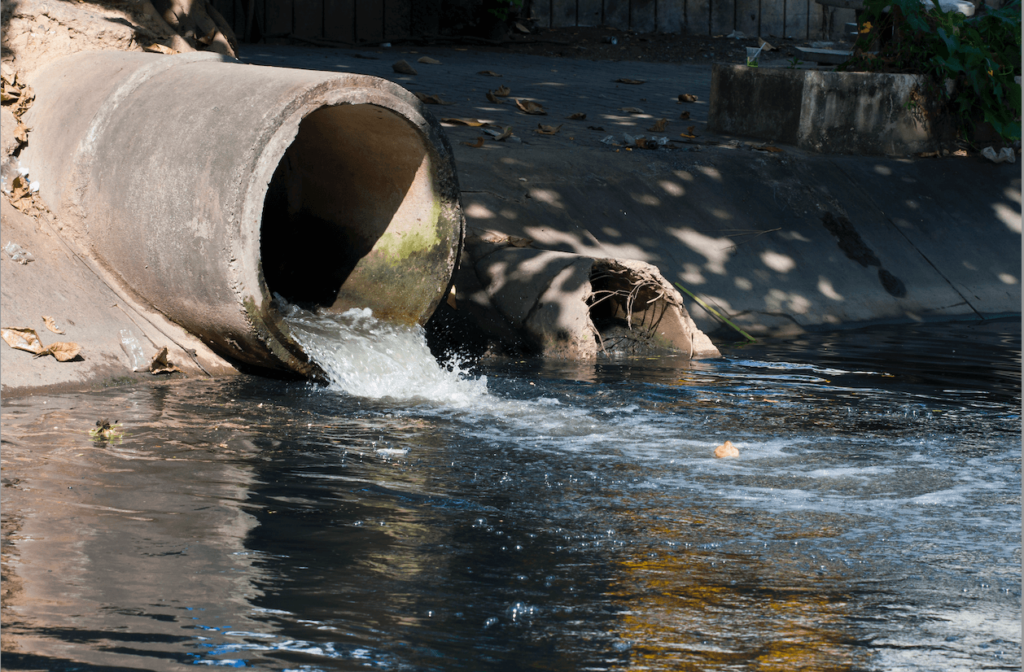In August of 2022, President Joe Biden signed the Camp Lejeune Justice Act into law. It has been a long-time coming for many military veterans, their families, and others affected by the contaminated water at Camp Lejeune in North Carolina. Those who lived, worked, and served on the military base from 1953 through 1987 may have been exposed to toxic (dangerous) water.
The new law creates a process for victims and families to seek compensation. This raises an important question: What illnesses are covered by the Camp Lejeune lawsuits? The short answer is that there are many different “presumptive conditions.” Here, our New Jersey Camp Lejeune water contamination lawyer provides a comprehensive overview of the illnesses that are covered.
Know the Medical Conditions that are Covered By the Camp Lejeune Justice Act
The Camp Lejeune Justice Act was passed as part of the Promise to Address Comprehensive Toxics (PACT) Act. The federal legislation provides a much needed expansion of benefits and services to veterans and other qualifying individuals exposed to toxic substances. As explained by the U.S. Department of Veterans Affairs (VA), the law creates a presumption that eight different chronic illnesses are “presumptively” service-connected and related to toxic water for those who were at Camp Lejeune in North Carolina for at least 30 days between the years of 1953 and 1987. The presumptive medical conditions that are covered by the Camp Lejeune Justice Act are:
- Kidney cancer
- Liver cancer
- Bladder cancer
- Non-Hodgkin’s lymphoma
- Leukemia (adult)
- Multiple myeloma
- Parkinson’s disease
- Myelodysplastic syndromes.
Camp Lejeune Lawsuits: Understanding the Importance of “Presumptive Condition” Status
Through a Camp Lejeune contaminated water exposure claim, qualifying individuals can seek coverage for medical care as well as financial compensation. Technically speaking, any medical condition can be covered by the law—but the claimant must prove that they meet the eligibility requirements and that their illness was caused by the toxic water at Camp Lejeune between the years of 1953 and 1987.
The core challenge is that it is difficult to prove a service connection for many different types of illnesses. The presumptive condition standard is very important. For the eight listed conditions, the claimant simply needs to prove that they were present at Camp Lejeune for at least 30 days between 1953 and 1987. With that, a diagnosis for any of those eight conditions will be presumed sufficient to get a claim approved.
An Overview Contact Our New Jersey Camp Lejeune Justice Act Attorney Today
At The Law Offices of Anthony Carbone, our New Jersey personal injury attorney has the skills and experience to handle Camp Lejeune Justice Act claims. If you have any questions about whether your condition or your loved one’s condition is covered under the statute, we can help. Contact us today to set up a free, fully private review and assessment of your case. From our legal office in Jersey City, we handle Camp Lejeune Justice Act claims throughout all of North Jersey.
Notice: JavaScript is required for this content. This form is currently undergoing maintenance. Please try again later.
